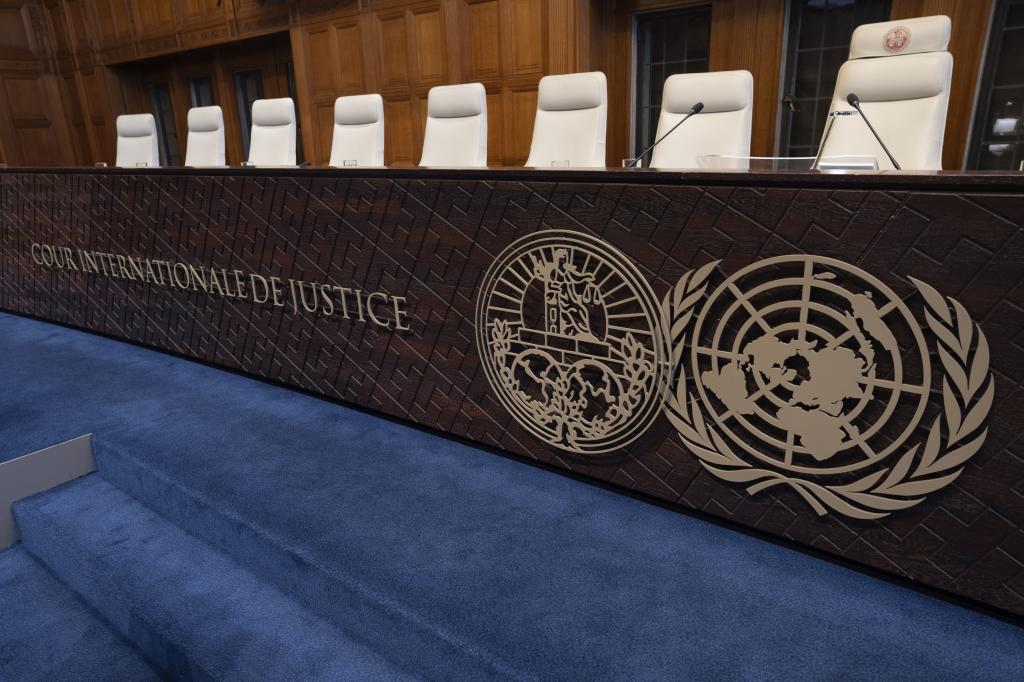The top United Nations court announced Friday that public hearings will open Dec. 2 in a landmark case seeking a non-binding advisory opinion on "the obligations of States in respect of climate change."
The U.N. General Assembly sent the case to the International Court of Justice last year, with Secretary-General António Guterres saying at the time that he hoped the opinion would encourage nations "to take the bolder and stronger climate action that our world so desperately needs."
The court said it had received written comments from 62 nations and organizations related to 91 written statements on the issue it had earlier received. Under the court's rules, the written filings are confidential. The court can decide to make them public once the hearings open in early December.
The U.N, court's panel of 15 judges from around the world will seek to answer two questions: What are countries obliged to do under international law to protect the climate and environment from human-caused greenhouse gas emissions and what are the legal consequences for governments where their acts of lack of action have significantly harmed the climate and environment?
The second question makes particular reference to "small island developing States" likely to be hardest hit by climate change and to "members of "the present and future generations affected by the adverse effects of climate change."
It is not yet clear how many countries and organizations will seek to speak at the public hearings or how long they will take. Once they wrap up, judges will likely take months to consider all the legal arguments and issue their opinions.
The case at the world court follows a number of rulings by other judges and tribunals around the world calling on governments to do more to reduce greenhouse gas emissions.
In May, a U.N. tribunal on maritime law said that carbon emissions qualify as marine pollution and countries must take steps to mitigate and adapt to their adverse effects.
That ruling came a month after Europe's highest human rights court said that countries must better protect their people from the consequences of climate change, in a landmark judgment that could have implications across the continent.
The International Court of Justice is based in The Hague, where domestic Dutch courts made history by ruling that protection from the potentially devastating effects of climate change is a human right and that the government has a duty to protect its citizens. The judgment was upheld in 2019 by the Dutch Supreme Court.
